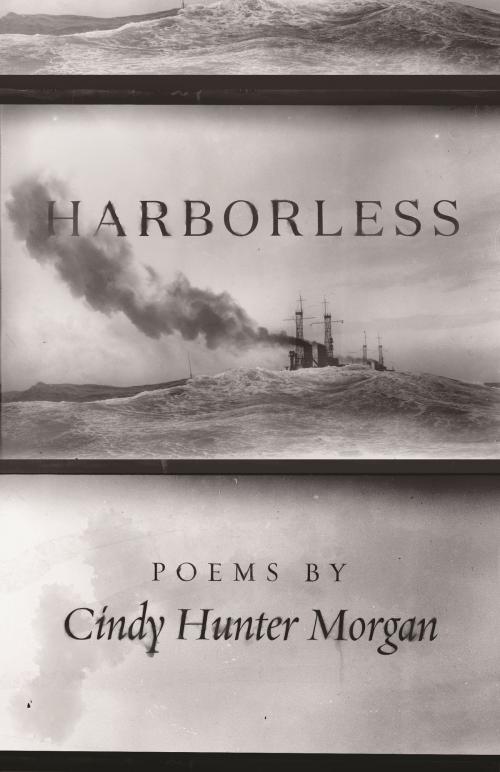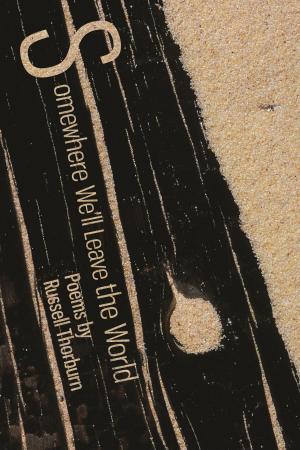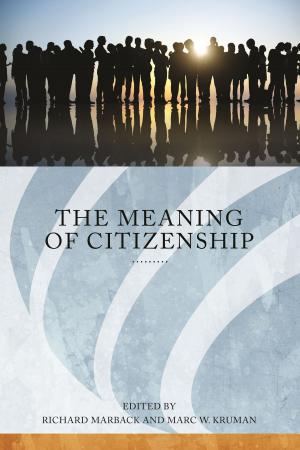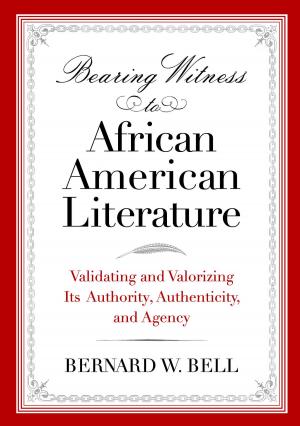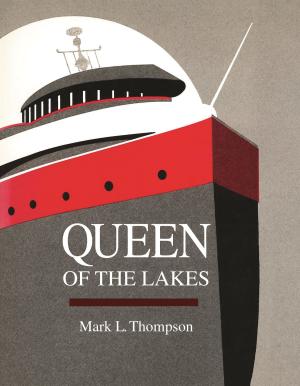Harborless
Nonfiction, Reference & Language, Transportation, Ships & Shipbuilding, History, Fiction & Literature, Poetry, American, Americas, United States| Author: | Cindy Hunter Morgan | ISBN: | 9780814342435 |
| Publisher: | Wayne State University Press | Publication: | March 6, 2017 |
| Imprint: | Wayne State University Press | Language: | English |
| Author: | Cindy Hunter Morgan |
| ISBN: | 9780814342435 |
| Publisher: | Wayne State University Press |
| Publication: | March 6, 2017 |
| Imprint: | Wayne State University Press |
| Language: | English |
Harborless, a collection of poems informed by Great Lakes shipwrecks, is part history and part reinvention. The poems explore tragic wrecks in rivers and lakes, finding and forming artistic meaning from destruction and death. Each poem begins in a real, historical moment that Cindy Hunter Morgan transforms into an imagined truth. The imaginative element is essential to this work as it provides a previously unseen glimpse into the lives affected by shipwrecks. The poems in Harborless confront the mysteries surrounding the objects that cover the floor of the Great Lakes by both deepening our understanding of the unknown and teaching great empathy for a life most of us will never know. Morgan creates a melodic and eerie scene for each poem, memorializing ships through lines such as, “Fishermen wondered why they caught Balsam and Spruce / their nets full of forests, not fish,” and “They touched places light could not reach.” Most of the poems are titled after the name of a ship, the year of the wreck, and the lake in which the ship met disaster. The book’s time frame spans from wrecks that precede the Civil War to those involving modern ore carriers. Throughout this collection are six “Deckhand” poems, which give face to a fully imagined deckhand and offer a character for the reader to follow, someone who appears and reappears, surfacing even after others have drowned. Who and what is left behind in this collection speaks to finality and death and “things made for dying.” Very little is known when a ship sinks other than the obvious: there was a collision, a fire, a storm, or an explosion. Hunter works to fill in these gaps and to keep these stories alive with profound thoughtfulness and insight. Tony Hoagland said that one of the powers of poetry is to locate and assert value. This collection accomplishes that task through history and imagination, producing lake lore that will speak to historians and those interested in ships, poetry, and the Great Lakes.
Harborless, a collection of poems informed by Great Lakes shipwrecks, is part history and part reinvention. The poems explore tragic wrecks in rivers and lakes, finding and forming artistic meaning from destruction and death. Each poem begins in a real, historical moment that Cindy Hunter Morgan transforms into an imagined truth. The imaginative element is essential to this work as it provides a previously unseen glimpse into the lives affected by shipwrecks. The poems in Harborless confront the mysteries surrounding the objects that cover the floor of the Great Lakes by both deepening our understanding of the unknown and teaching great empathy for a life most of us will never know. Morgan creates a melodic and eerie scene for each poem, memorializing ships through lines such as, “Fishermen wondered why they caught Balsam and Spruce / their nets full of forests, not fish,” and “They touched places light could not reach.” Most of the poems are titled after the name of a ship, the year of the wreck, and the lake in which the ship met disaster. The book’s time frame spans from wrecks that precede the Civil War to those involving modern ore carriers. Throughout this collection are six “Deckhand” poems, which give face to a fully imagined deckhand and offer a character for the reader to follow, someone who appears and reappears, surfacing even after others have drowned. Who and what is left behind in this collection speaks to finality and death and “things made for dying.” Very little is known when a ship sinks other than the obvious: there was a collision, a fire, a storm, or an explosion. Hunter works to fill in these gaps and to keep these stories alive with profound thoughtfulness and insight. Tony Hoagland said that one of the powers of poetry is to locate and assert value. This collection accomplishes that task through history and imagination, producing lake lore that will speak to historians and those interested in ships, poetry, and the Great Lakes.
